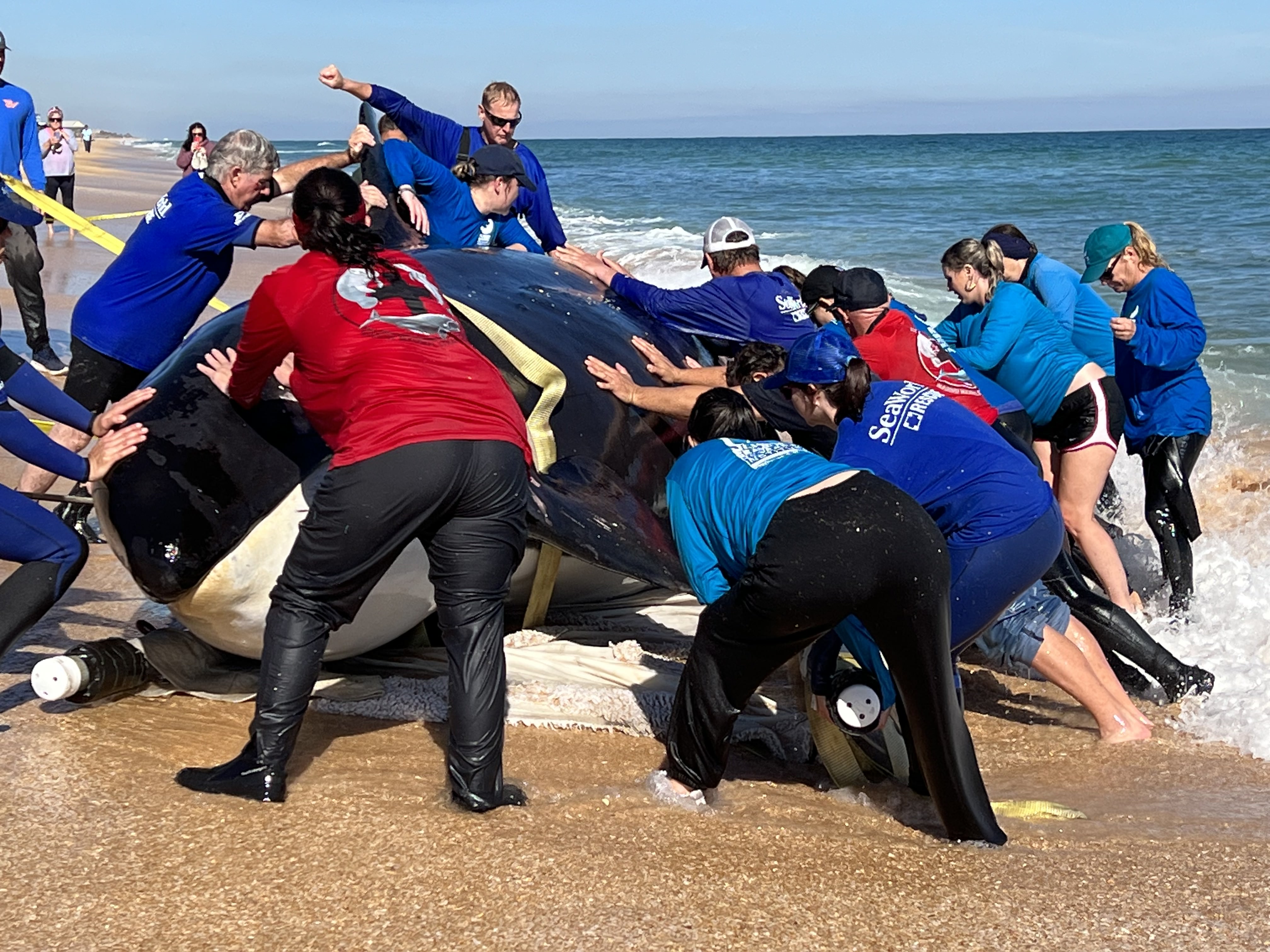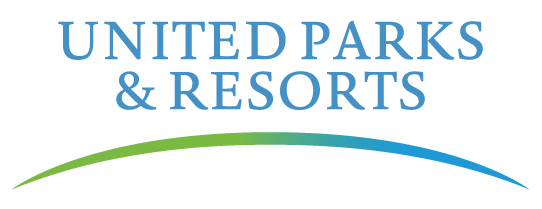Full Statement on the Beached Killer Whale in Palm Coast on January 11
.png?hash=CA8499473E37B4E4C845859506927EB22D01CE50&version=1_202301133907&h=770&w=660)
Activities conducted under the Stranding Agreement between NMFS and SeaWorld Florida under the Authority of the MMPA
Thank you to everyone who has inquired about the stranded and deceased killer whale in Palm Coast on January 11. This is the first time since 1956 that a killer whale has stranded on the Florida Coast.
As a long-time member of the Southeast Marine Mammal Stranding Network, SeaWorld was asked by authorities to assist in the recovery of the female killer whale. Our extensive knowledge of killer whale physiology and health, and our experience as one of the largest marine animal rescue organizations in the world, had an important role to play in the events as they unfolded. We transported her back to SeaWorld Orlando where she underwent a necropsy examination led by the Fish and Wildlife Commission and involving scientists from Hubbs-SeaWorld Research Institute, Blue World Research Institute/University of Florida, and SeaWorld.
Her passing is tragic, but she remains critically important because of what the necropsy may reveal about her species and what led to her stranding and death. What we learn will be another important piece of the puzzle in understanding this amazing species and helping protect wild populations, including the endangered Southern Resident killer whales of the Pacific Northwest.
What we know so far about her is that she was an older adult, female killer whale almost 22 feet in length and weighing in at 9,000 pounds. It will be several weeks or months before her necropsy report is finalized; however, we can confirm that, contrary to what some of the public has speculated, there are no signs that she was pregnant. There were no signs of human interaction or trauma. There were signs of various illnesses. The whale was extensively sampled during necropsy (animal autopsy) to determine causes of illness and death, and those samples will be sent to labs around the country for analysis in the coming days to weeks.
In the meantime, we want to thank all our partners, including Hubbs-SeaWorld Research Institute, Florida Fish and Wildlife Conservation Commission (FWC), University of Florida, Blue World Research Institute and NOAA for their hard work and dedication. We also want to acknowledge and thank Volusia County Environmental Management, FWC Law Enforcement, Palm Coast Fire Department, Flagler Sheriff’s Office, and other local groups that were on the scene to help. And we want to extend heartfelt gratitude to the individual who first spotted her stranded and called for help. Remember, if you spot a marine animal in trouble, contact the 24-hour hotline: 1-877-WHALE HELP (1-877-942-5343).

